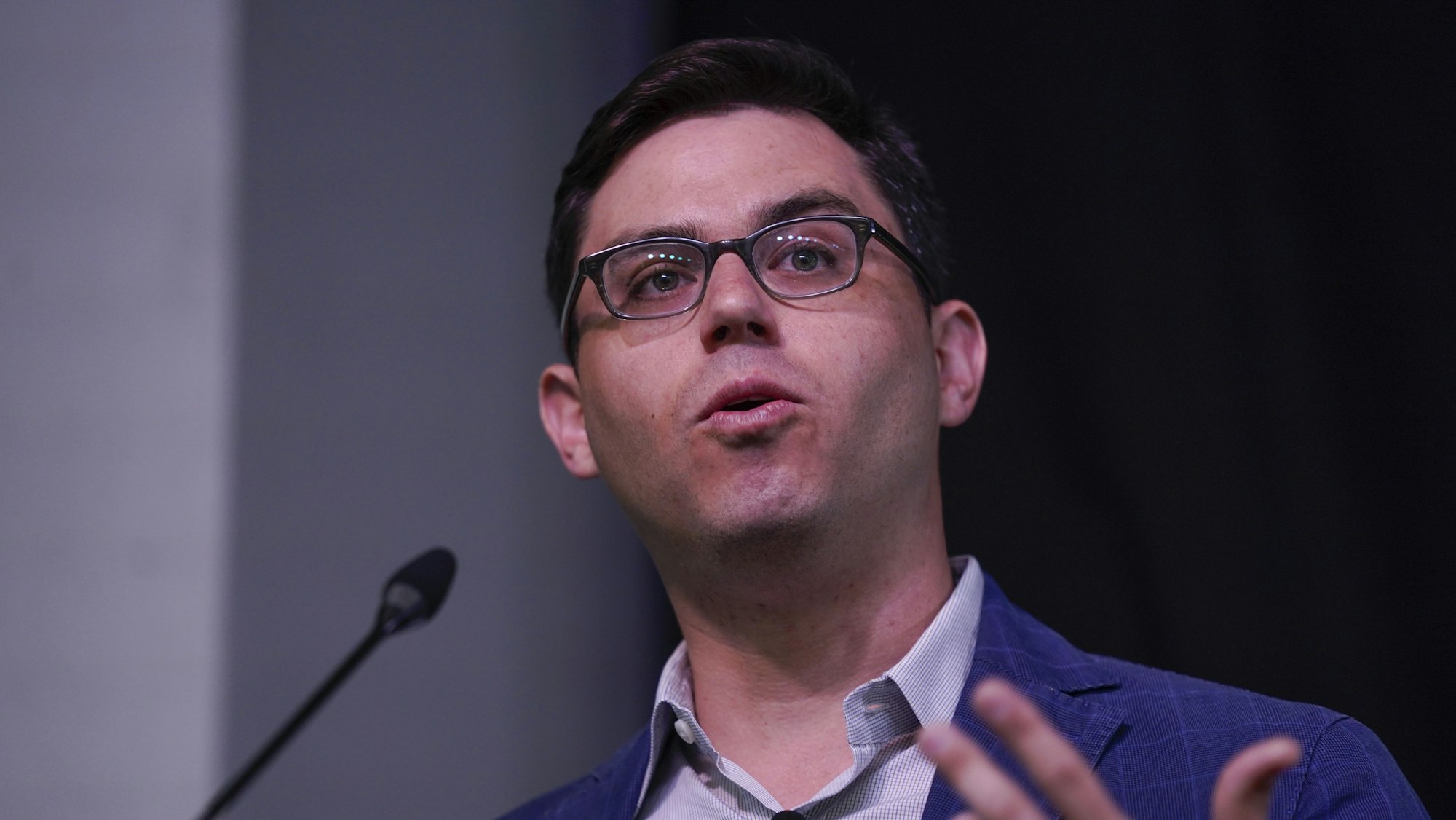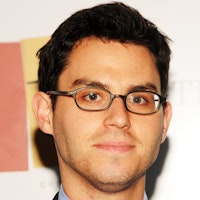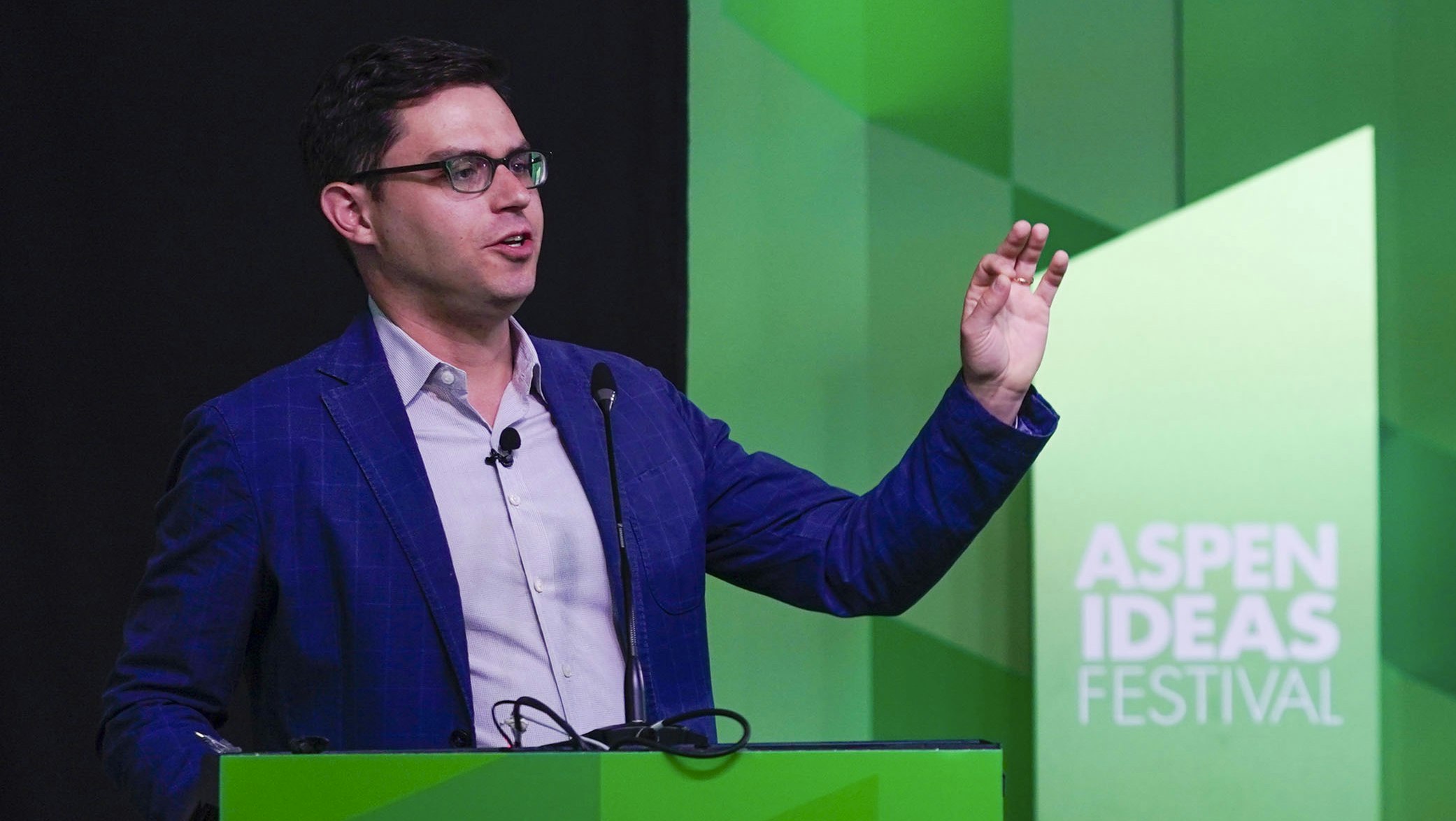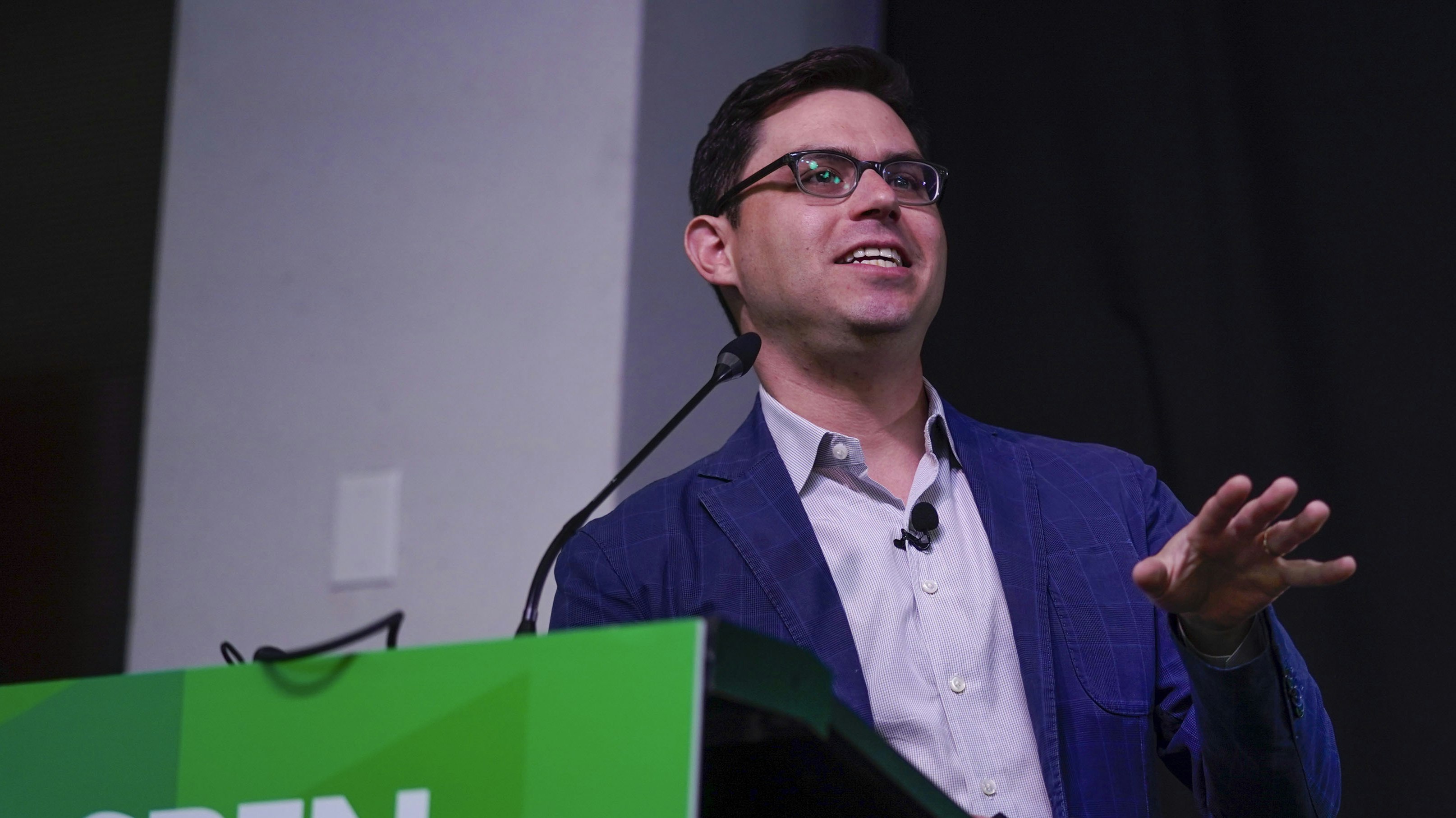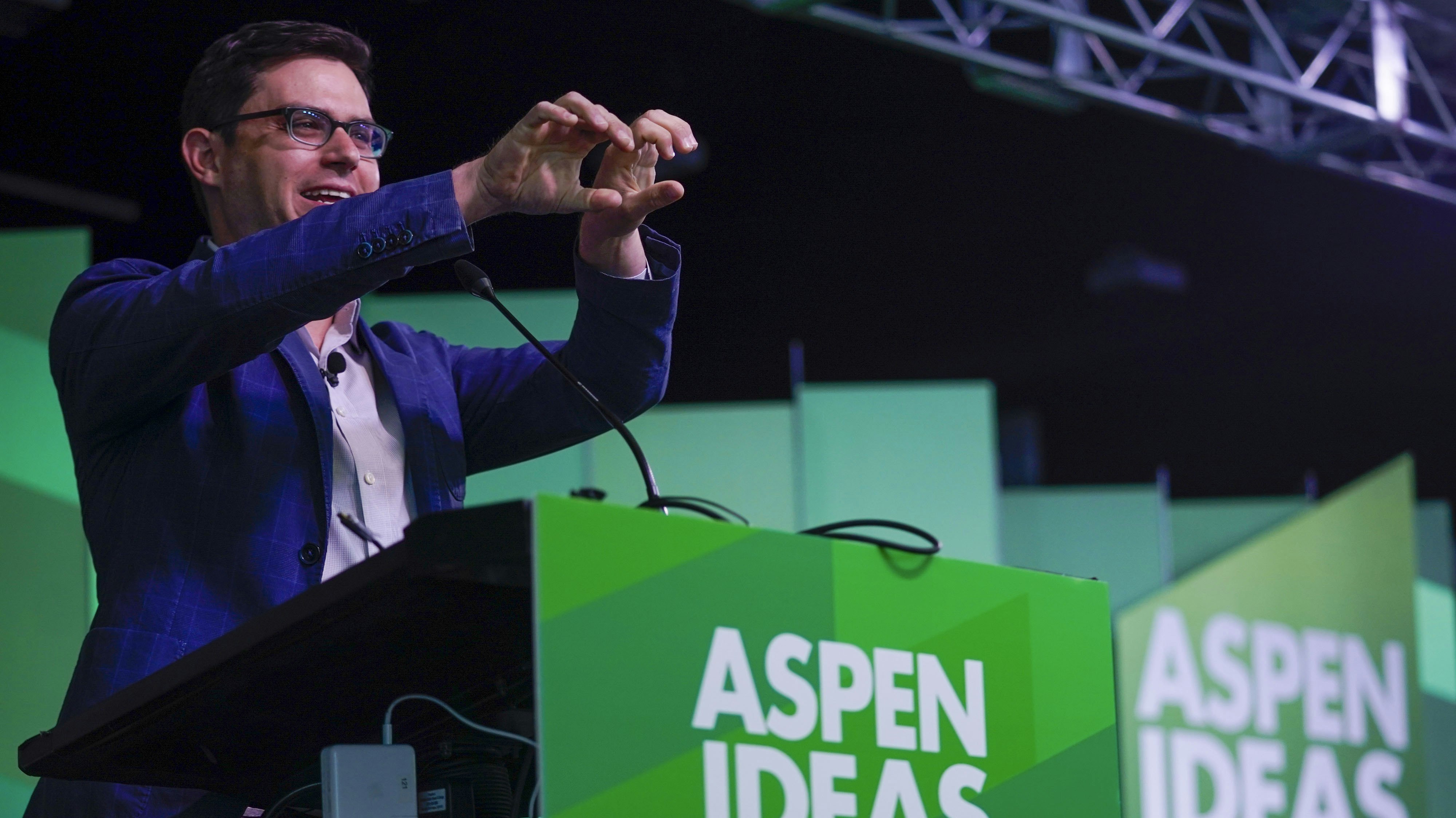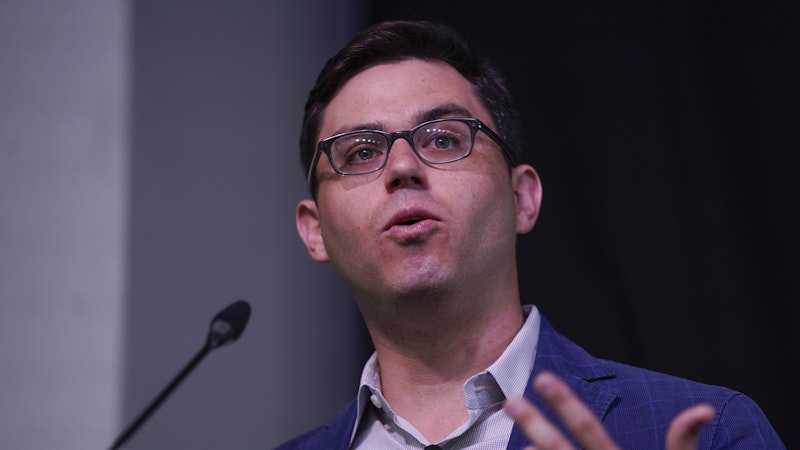
The Art and Science of Remembering Everything
Setup
While researching an article on the US Memory Championships, writer Joshua Foer was equally dubious and intrigued by one contestant’s claim that even an average memory, if used properly, could win the contest. After a year of memory training, under the tutelage of the world’s top memory athletes, he won the competition. Foer uses a live demonstration to show that there’s much more room in our brains than we imagine. Using skills he learned on his extraordinary odyssey, he shows the science of memory and teaches us how we can all learn to remember more.
Speakers
Memory champs aren’t who you think they are (and you could be one too)
When science journalist Joshua Foer investigated the minds of competitors at the United States Memory Championship, he expected the people performing seemingly miraculous feats of memory to be the savants of our time. Instead of off-the-chart IQs, though, he discovered ordinary people who devoted a lot of time to a specific skill. And what researchers later discovered about the brains of memory champs probably isn’t what you expect:
Cognitive abilities and brain structures weren’t that different in memory champs. Rather, memory champs were tapping in to regions of the brain associated with visual and spatial memory.
How your brain can trick you, and vice-versa
All our brains are trained — without us realizing it — to better remember certain things through tricks and associations, says Joshua Foer. But that can lead us, ironically, to not remember other things as well. Foer gets the audience involved to demonstrate how these tricks work and how memory champs take advantage of them:
The Baker/baker paradox
Why is it that if you tell someone to remember a man named Baker, they’re less likely to remember that same person than if you tell them that the man is a baker by trade? Psychologists call this question the Baker/baker paradox, and it’s rooted in a psychological principle called elaborative encoding.
Memory Association 101
It’s easier to remember that someone is a baker than if they’re named Baker because of elaborative encoding — most of us already have a memory association with bakers, but not Bakers. Joshua Foer says this technique of elaborative encoding, turning Bakers into bakers, is fundamental to tackling feats of memory.
How to build your own memory palace
Modern-day memory champs aren’t trailblazing new memory techniques, says Joshua Foer. They’re learning the same spatial and visual techniques that have been in use for millennia. Foer demonstrates, with eager audience participation, a powerful (and ancient) memory technique called the memory palace:
It all leads back to visual and spatial associations, says Foer. When you picture a familiar place and insert new information into it, the familiar place acts as a crutch to support a new memory in your mind.
Learn More
Additional Information
Resources
“Moonwalking with Einstein: The Art and Science of Remembering Everything” by Joshua Foer
Explore More
Health


The rapid development of the Covid-19 vaccine and the ramp-up of manufacturing and global distribution were unprecedented feats of medical coordination. But those on the insid...

Space… the final metaphor for the unknowable. But we are certainly trying to understand what goes on out there, and the more we learn, the more fascinating questions start to...

Since 2014, Aspen Ideas: Health has welcomed nearly 800 inspiring women leaders to our stages to share their bold approaches to better health. In honor of Women's History Mont...

Our attitudes, habits, pleasures, and responsibilities shift across the generations, influencing the health challenges we face and how we respond to them. Expectations about h...

Setting audacious goals helps to redefine what is achievable in health, medicine, and science. As we deepen understanding of the human genome, unravel the mysteries of the bra...

As we wrap-up another year of elevating big ideas at Aspen Ideas: Health, we're excited to share the 15 most-watched sessions from the event. These conversations with inspirin...


Research on aging and extending life and healthspan has ventured beyond humans to our best animal friends – dogs. In less than a year, dog owners may be able to buy a drug tha...
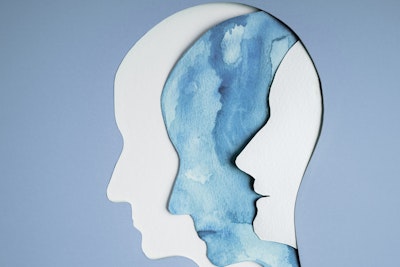
In America, millions of people struggle with mental health including depression, anxiety, and more — all further exacerbated by living through a pandemic. The National Allianc...

The United States spends $4.3 trillion—almost one fifth of the nation’s GDP—on health care. As the scale of the medical enterprise expands, venture capitalists are pursuing th...

Today's kids are coming of age against a backdrop of political, social, technological and economic upheaval. While these circumstances are shaping a precocious generation that...

Advocates, healthcare providers, legislators, researchers, and venture capitalists are bringing the unique health needs of women to light – from vigorous policy debates on iss...

From the debate over reproductive rights to the epidemic of gun violence to the youth mental health crisis, this year's Aspen Ideas: Health sessions tackled many of today's mo...

The recognition that all things are connected is at once a scientific principle and a philosophical touchstone. Humans, animals, and the environment are intertwined in complex...
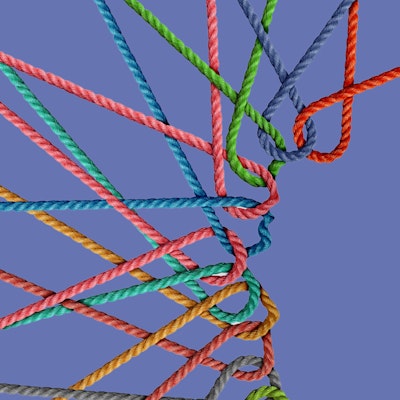
Our need for human connection is profound and deep. Yet, today, one in two adults are living with measurable levels of loneliness – and the numbers are even higher among young...

For as long as humans have looked at the skies, we’ve speculated about whether there is life in space. Scientists, the U.S. military and the CIA have all searched for proof of...

It sounds like sci-fi: Scientists are beaming solar energy from space, subbing seaweed for plastic and brightening clouds to reflect sunlight to lower temperatures in a warmin...
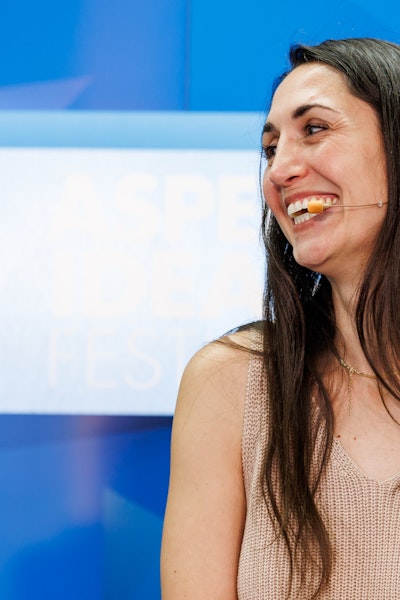
Artificial intelligence is revolutionizing health care by improving patient navigation, telehealth and the speed of drug development. From enhancing patient and provider exper...

*No food or service animals allowed in this session.* The creator of Fat Bear Week in Alaska gives insight on the importance of wildlife education, and then ecologists unpack...
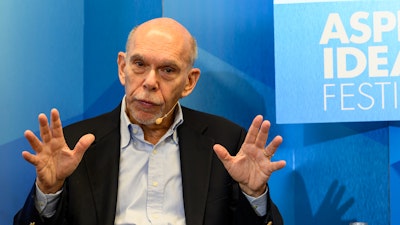
Brain-computer interfaces show potential to restore function to people impacted by incurable neurological conditions such as stroke, spinal cord injury, traumatic brain injury...

Scientists are developing life-extending drugs for dogs, and new advancements could bring them to market by 2025. Two leaders working to slow the aging process for Fido discus...


